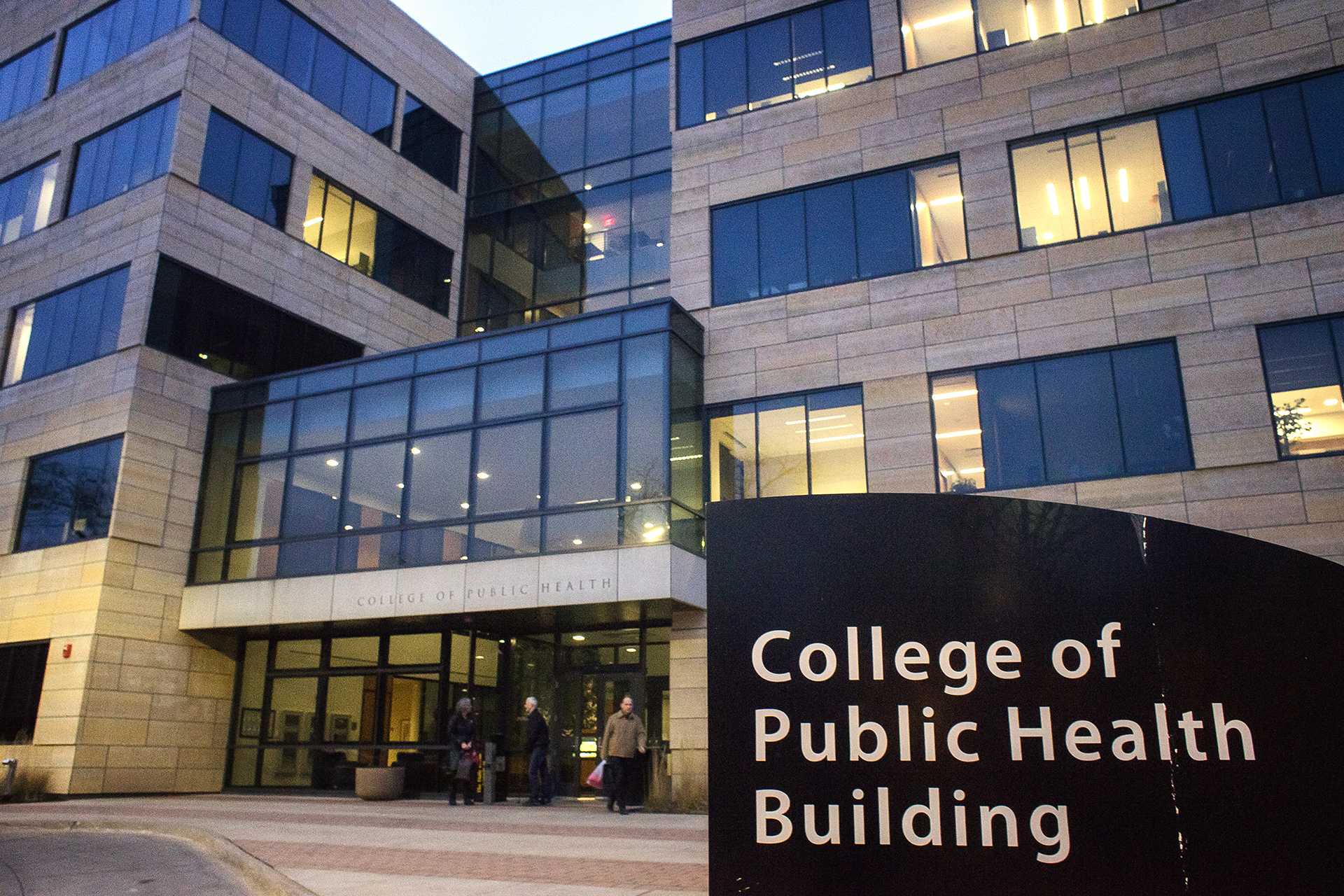New survey reveals college students are confident in their finances
A new survey by Sallie Mae and Ipsos revealed that college students are confident in their financial literacy skills but still require education in money management.
Photo Illustration by Katie Goodale
May 2, 2019
Whether it’s about loans, applying for various scholarships, or budgeting their spending money, college students are a common topic when it comes to things financial. According to a new study, they are also confident in their financial responsibility.
In their annual “Majoring in Money” report, Sallie Mae and Ipsos revealed that young adults are eager to be financially literate and prove as much by tracking their spending, paying their bills in a timely manner, and staying within budgets.
Although 71 percent of college graduates and 59 percent of current college students rated themselves as good or excellent in their money-management skills, the majority were still unable to pass a multiple-choice quiz testing their financial literacy.
“We’re all lifelong learners, and it’s especially true when it comes to financial literacy,” Sallie Mae Chairman and CEO Raymond Quinlan said in a news release. “… A relationship between completing college and financial-management success is clear.”
Quinlan said that real-world experience is important, but the survey results showed that only 42 percent of those who did not complete a college education felt confident in their financial-literacy skills compared with those who were in college or who had graduated with a college degree.
Kelsey Ryder, the UI Student Financial Aid assistant director of financial literacy, said the biggest risk among students who are falling short in financial literacy is not being aware of where their finances are now and where they will be after graduation.
“Students don’t really realize where their money is going,” Ryder said. “One of the things we really recommend is tracking spending, because that can be really eye-opening.”
RELATED: Elizabeth Warren proposes student-debt cancellation, free tuition
Once students realize how much they’re spending on food or at Starbucks, she said, they can change. Otherwise, they might do damage to their finances for the future.
Starting out college with a credit card instead of putting money toward retirement could be a waste of time that many students struggle with, Ryder said. According to “Majoring in Money,” 57 percent of college students have at least one credit card.
“I think it can slow students down,” Ryder said. “Those early years are some of the most valuable when it comes to saving for retirement, so the sooner you can start, the better.”
One of the biggest initiatives for financial literacy at the UI is meeting with up to 1,500 students a year to discuss private loans, she said, because they tend to be higher in balance. As a result, she said, students reduce their loans by about 9 or 10 percent each year.
“I think that’s probably one of the things students don’t know,” Ryder said. “We can help [them] with their budgets. I think that’s an area that we could continue to grow, just knowing that there’s more in-depth service. Last year, we had about 700 general meetings.”
UI pharmacy student Rebecca McCaughey said she realized during her undergraduate education how little she knew about her finances by her senior year, and it was a scary feeling to not be confident about taking out and paying back loans once interest is added.
“There’s not a lot of guidance. There’s not a lot put in your lap,” McCaughey said. “I think just helping students anticipate their student loan burden would be really, really helpful.”






